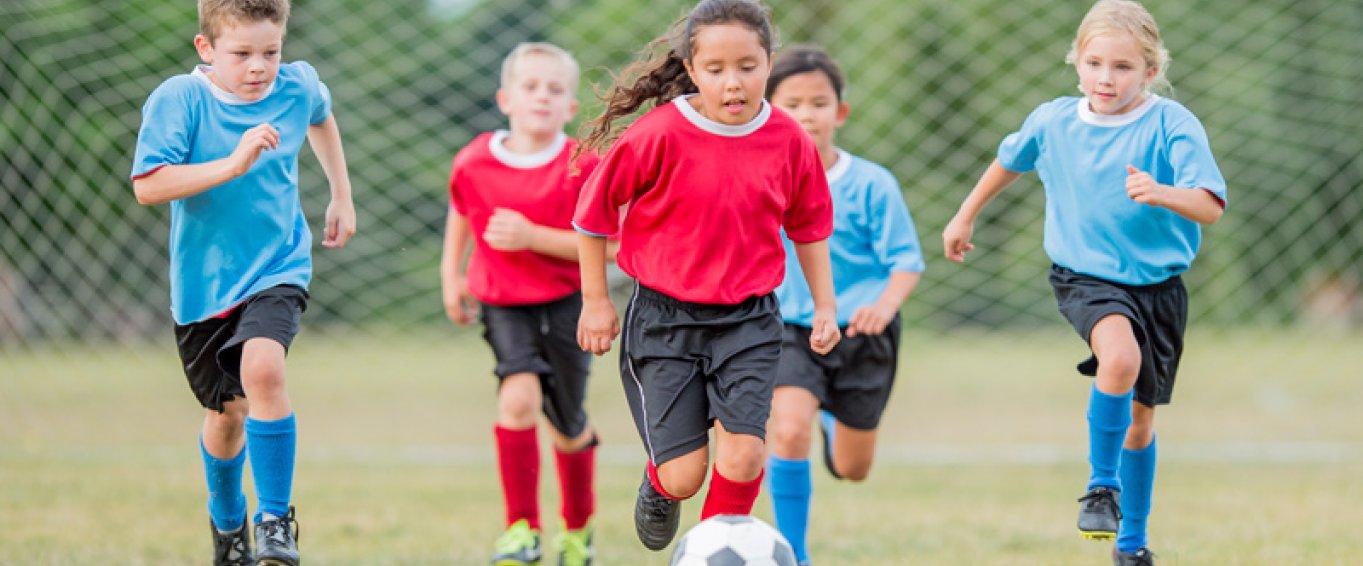OFSTED: New Inspection Policies WILL Celebrate PE & Sports!

In February, OFSTED Chief Amanda Spielman addressed the Youth Sport Trust 2019 Conference on the subject of physical education and sport in schools. She brought familiar news. OFSTED inspection policies - a notoriously thorny issue for teachers - will change again over the next twelve months as part of a bid to promote Healthy Active Lifestyles. Click to read a full transcript of Spielman's speech.
On the one hand, it's another demand for teachers to adapt to a system many believe is broken. Over the last five years, what the Department for Education has offered is plenty of U-turns, with sign language, fire safety, primary school testing and nationality monitoring among issues considered and dropped. On the other hand, OFSTED's renewed focus on physical activity and active learning is promising.
For the first time, it is conceding to claims inspection policies have overlooked PE and sports. To quote Spielman:
"It's fair to say that [...] PE and sport has tended to play second fiddle to areas with more readily available performance data. [...] nearly 40% of teachers said their PE provision had declined because core or eBacc subjects have been given additional time, with students taken out of timetabled PE for extra tuition in those subjects."
It suggests, in conjunction with government recommendations on child obesity and sedentary behaviours, the status of physical activity in schools should be upgraded. It promises to promote sports as a path to better health and wellbeing and halt the narrowing of PE curriculums to account for staff and funding shortages. Perhaps the most intriguing part of its policy overhaul is an insistence 'there will be no OFSTED curriculum.'
What does this mean? According to Spielman, rigid curriculum targets are to be replaced with a three pronged approach to education judgements:
A) Curriculum Intent; the framework for setting out the aims of a programme of education, including the knowledge and skills to be gained.
B) Curriculum Implementation; the translation of education frameworks in practice and the contribution teaching makes to the curriculum.
C) Curriculum Impact; evaluation of the knowledge and skills pupils have gained across the curriculum and the opportunities they'll go on to next.
The New, New Approach to PE, Sports & Active Learning
In theory, it should mean the end of schools being penalised for not fulfilling traditional expectations of physical education. In years past, curriculums have been downgraded for straying from a limited range of 'classic' games (football, netball, tennis, basketball, etc). Now, dance and unstructured play are touted as the best ways for primary age kids to develop Fundamental Movement Skills like balance, agility and coordination.
It is hoped this broader perspective will increase PE and sports participation by motivating pupils on the sidelines to take up non-traditional pursuits like dance, yoga and rock climbing. With Britain in the grip of a child obesity epedemic, it's heartening to hear enjoyment will take priority over 'Olympic worthiness.' It's high time all children benefited from the magic of movement!
For advice on the questions OFSTED might ask about your PE curriculum, click to read our blog on requirements for PE & Sport Premium Funding.